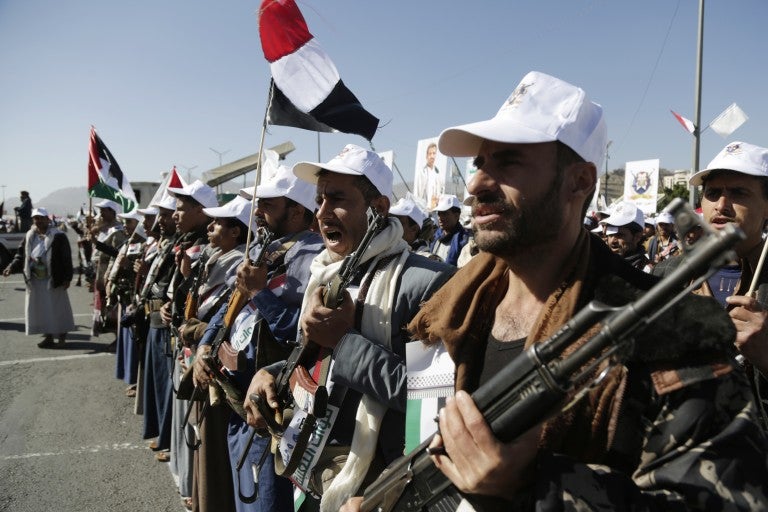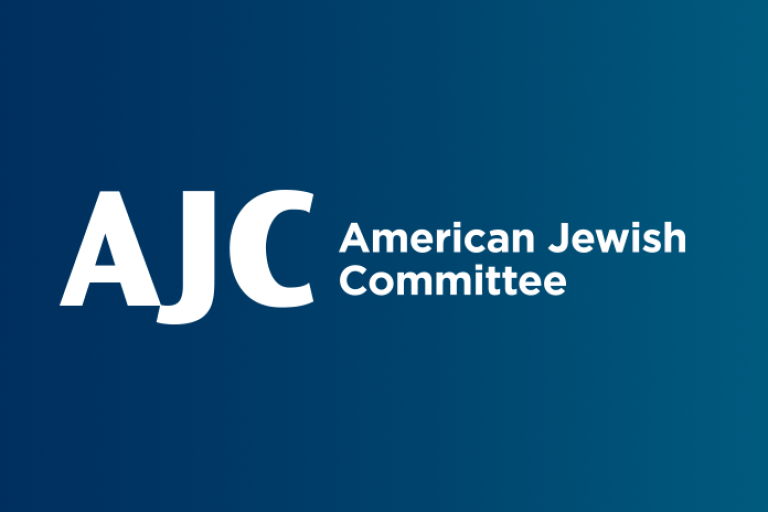July 11, 2024 — Philadelphia
The following piece originally appeared in the Jewish Exponent.
Justice delayed is justice denied. And for 30 years, the Jewish community in Argentina has been waiting for justice.
At 9:53 a.m. on July 18, 1994, a suicide bomber drove an explosives-laden truck into the AMIA building — the hub for the Jewish community in Buenos Aires — killing 85 people and injuring more than 300.
Nobody has ever been arrested, though Iran and its proxy Hezbollah have been tied to the attack.
Thirty years later, the scars remain.
Through AJC Philadelphia/Southern New Jersey and the Latino Jewish Coalition, we have stood with the Argentine community and called for justice for AMIA.
In 1997, I joined a Mandel Foundation program in Argentina, working with the staff at AMIA, who were committed to ensuring that the legacies of those who perished that day as well as those who survived would not be lost to time.
Over the years, we have offered annual programs, created a curriculum for Jewish summer camps and persisted in our calls for justice.
We have continued to honor those who were murdered and support those who were left behind, like poet Sofia Guterman, who lost her 28-year-old daughter Andrea in the attack.
Her pain is on full display in this poem:
Every eighteen; with sorrow and pain
We light the candles and read their names
Beautiful roses embellish the scene
Every month, every eighteenth
On the same sidewalk, every eighteenth
We relive the horror of broken wings
As time passes by, we will keep remembering
So in a way, they won’t die
Every eighteenth, we light a candle
And read their names
So our loved ones won’t die again.
The AMIA bombing remains a gaping open wound that refuses to heal.
The families’ grief has only been magnified by the Hamas massacre in Israel on Oct. 7, which eclipsed AMIA as the worst attack on Jews since the Holocaust. Seven Argentine nationals were murdered that day and 11 are being held hostage in Gaza. They deserve justice too.
It’s no coincidence that Hezbollah, Israel’s sworn enemy on the northern border with Lebanon, is linked to the AMIA bombing. One of its main reasons for being is the destruction of Israel and, by extension, the murder of Jews around the world.
The United States has labeled Hezbollah a terrorist organization, as Argentina did in 2019 after years of prodding by American Jewish Committee.
It is a small consolation that in April, Argentina’s top criminal court concluded that Iran was behind the bombing, which the court said was executed by Hezbollah in retaliation for Argentina reneging on a nuclear cooperation deal with the Iranian regime. Yet the killers remain free. The international community must make it a top priority to change that.
I think back to my time in Argentina when the staff at AMIA was still trying to regroup three years after the bombing. They showed me the resilience I wouldn’t have thought possible after such a tragedy. But make no mistake: Argentina’s Jews are also a community that continues to heal 30 years later. That can only end when the AMIA murderers are brought to justice.
Marcia Bronstein is the director of AJC Philadelphia/Southern N.J.






